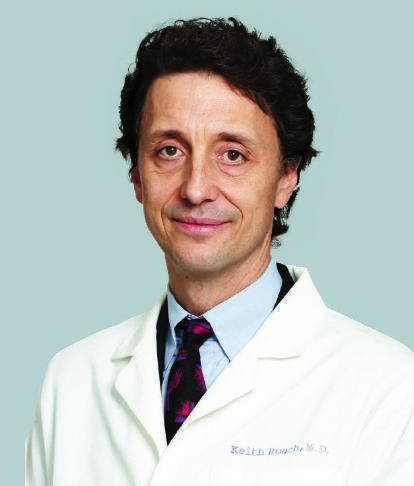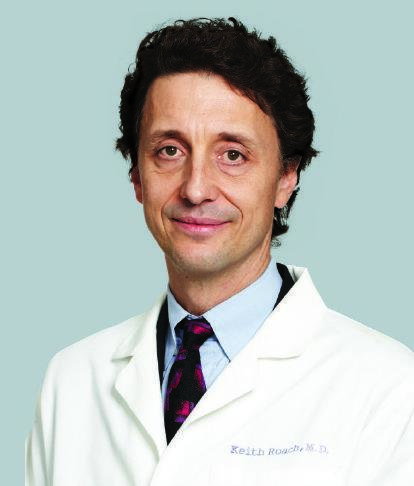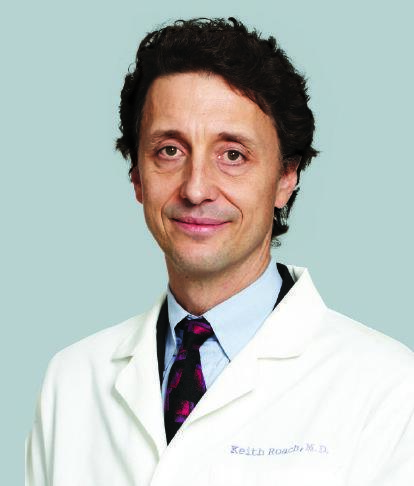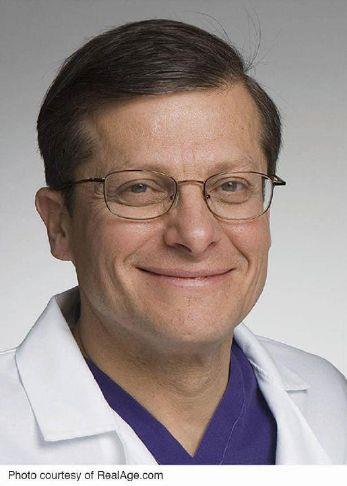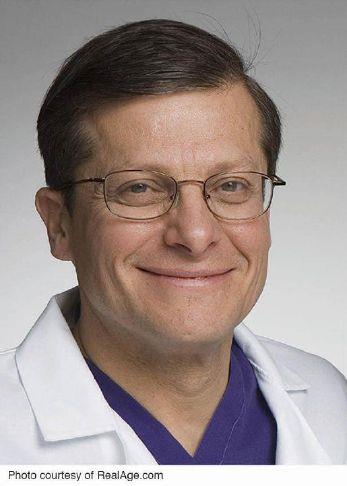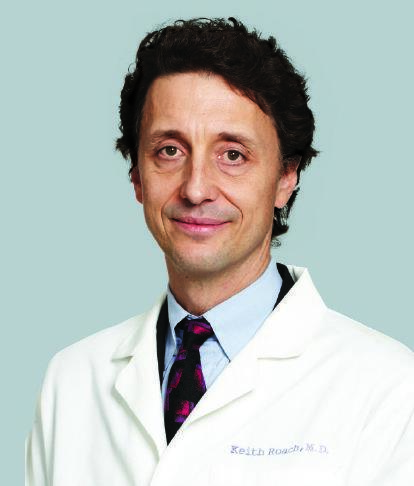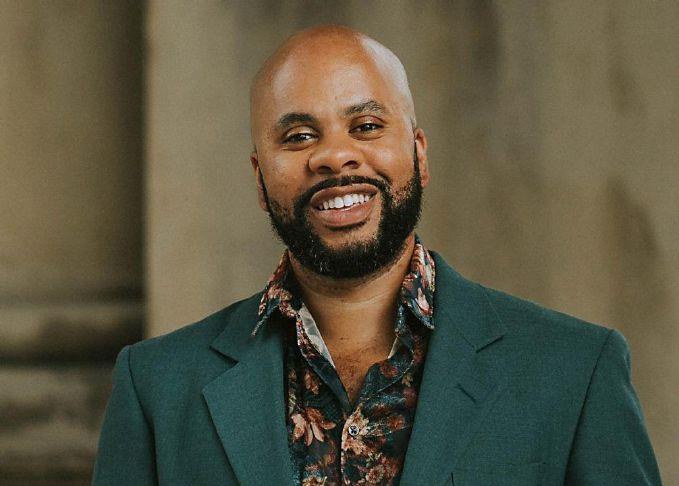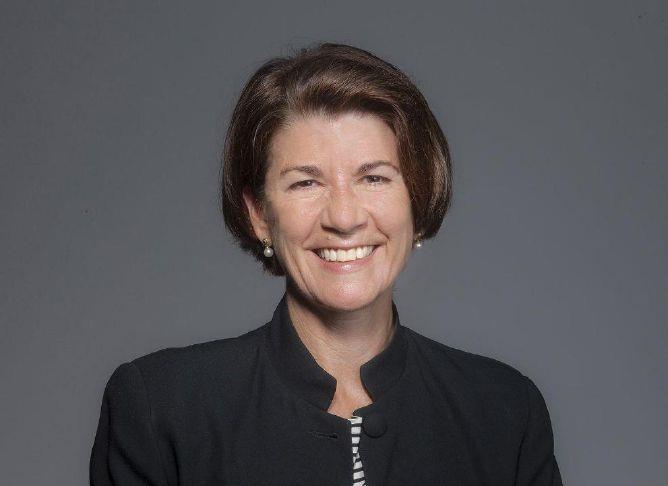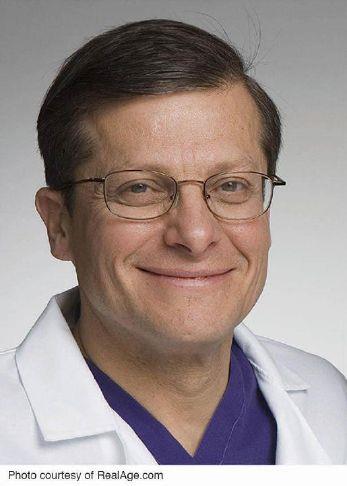
The eyes have it; preventing cancer
Q: My mother is developing age-related macular degeneration. She is scared that she won't be able to read or drive. What is it exactly and what can we do about it? Thanks! -- Stephen Y., Akron, OhioA: Age-related macular degeneration (AMD) is the leading cause of vision loss in the U.S. in folks age 60 and older. Around 11 million Americans contend with vision problems that range from blurring and blind spots in their central vision to severe vision loss, making reading, driving and recognizing faces impossible. This is caused by damage to the macula, a tiny oval area 1/4 of an inch wide in the center of the retina at the back of the eye. It contains photoreceptor cells called cones and rods that let you perceive fine detail and colors.We are not sure of all the causes, but we know AMD is associated with smoking, uncontrolled high blood pressure, diabetes, and obesity. Also, if you have a parent or sibling with AMD, you have a 50% chance of developing it. Early dry AMD has three stages with the last causing extensive blurring in the central area of vision. Wet AMD is more severe. In it, blood vessels form in a layer in or around the retina, destroying vision. About 10% to 15% of folks with dry AMD develop wet AMD.Once AMD is diagnosed, it's important to have regular eye exams and stick to an anti-inflammatory diet loaded with foods like spinach, kale and collard greens. Another smart move, especially for those with wet stage AMD, according to the National Eye Institute AREDs 2 study: Slow progression of dry AMD with a daily supplement formula. The supplements contain 500 milligrams of vitamin C; 400 IU of vitamin E; 25 milligrams of zinc; 2 milligrams of copper, 10 milligrams of lutein; 2 milligrams of zeaxanthin; and 1,000 milligrams of omega-3s. And check out the iHerb.com blogs: "A Quick Guide to Lutein and Zeaxanthin" and "Top 15 Supplements for Vision Support." Also, for wet AMD, laser therapy or treatment with VFEG drugs can block the growth of new blood vessels. * * *Q: A lot of folks in my family are getting cancer. What can I do to reduce my risks? Thanks! -- Katie R., Greenville, North CarolinaA: The National Cancer Institute and the American Cancer Society say many cancers are caused by modifiable lifestyle choices -- and you can slash your risk! The risky choices include: obesity, smoking anything and using tobacco (tobacco has 69 cancer-causing chemicals), excess alcohol intake (even light drinking ups your risk for a variety of cancers), unmanaged stress, being sedentary, lack of good nutrition and eating fried foods and red meats, unprotected exposure to the sun, not getting the HPV or Hep B vaccine, and exposure to cancer-causing chemicals (like some weed killers on your lawn). These risk factors cause chronic inflammation, may lead to hormone dysregulation, and can set you up for cancer-related infections. Chronic stress and a poor sleep routine can also up your risks. MD Anderson Cancer Center says chronic stress hormones make it difficult for your body to control diseased cells and keep them from spreading. And years of shift work and chronically poor sleep can raise your odds of breast, colon, ovarian and prostate cancer, according to Johns Hopkins Medicine. Overall, if you upgrade your lifestyle, the World Health Organization says up to 50% of cancers are preventable! For more tips on reducing your cancer risks, check out the American Cancer Society's Guideline for Diet and Physical Activity for Cancer Prevention; sign up for Longevity Playbook's free newsletter that offers science-backed ways to promote healthy longevity; check out iHerb.com's blog, "Low Immune Function;" and enjoy Dr. Oz's interview, "How to Reduce Your Cancer Risk" at nj.com.As for cancer risks that you can't control, such as genetic predispositions and age-related risks -- that's what makes it important to get regular mammograms, pap smears, colonoscopies, skin cancer checks (annually) and lung cancer screenings (for folks who smoke or have quit within the past 15 years).* * *Dr. Mike Roizen is the founder of www.longevityplaybook.com, and Dr. Mehmet Oz is global advisor to www.iHerb.com, the world's leading online health store. Roizen and Oz are chief wellness officer emeritus at Cleveland Clinic and professor emeritus at Columbia University, respectively. Together they have written 11 New York Times bestsellers (four No. 1's). (c)2024 Michael Roizen, M.D. Distributed by King Features Syndicate, Inc.

